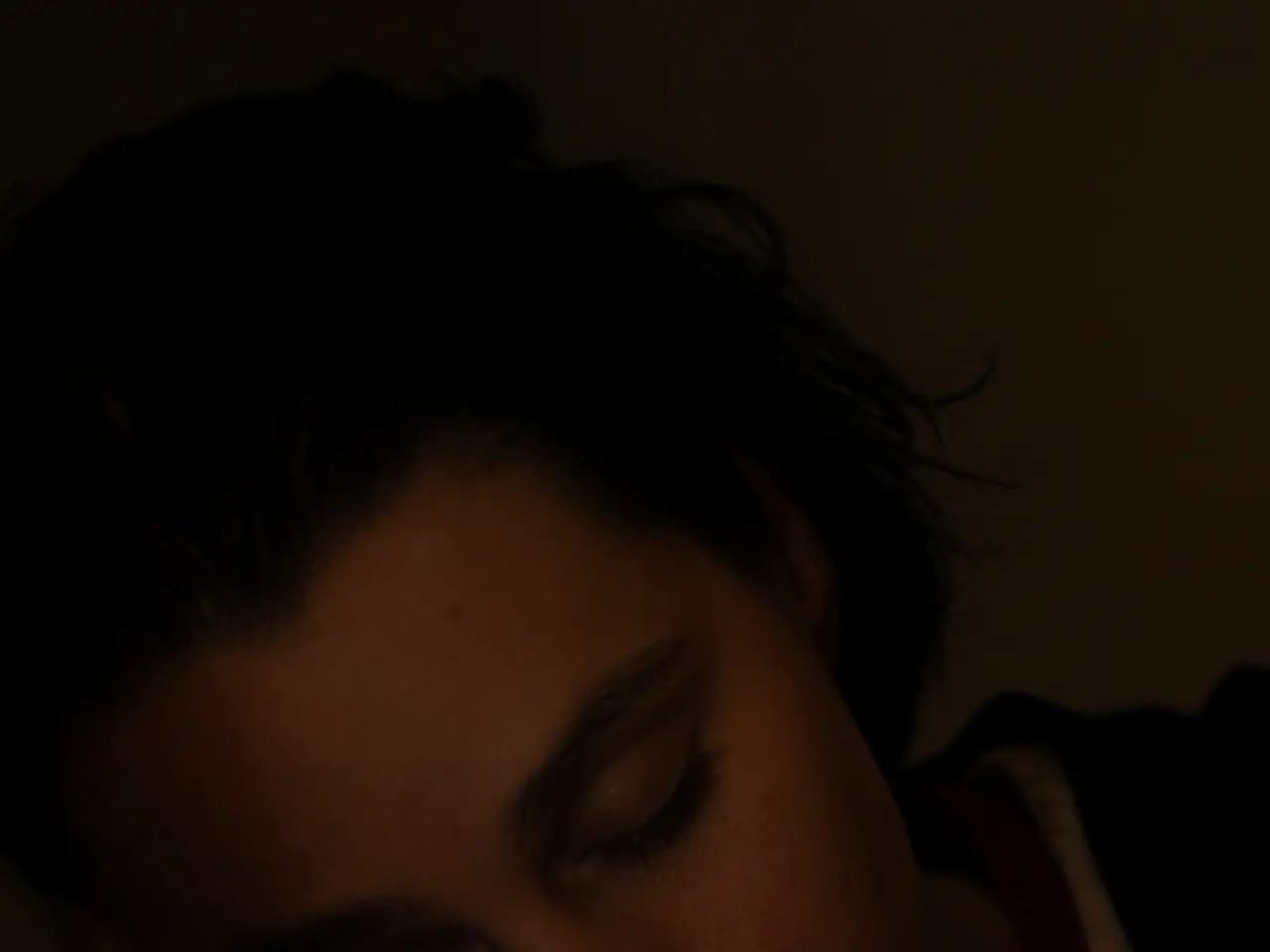Sleeping Together in Nigeria: Advantages, Disadvantages, and Security Precautions
Co-sleeping, the practice of infants sharing a sleep space with their parents, is a common cultural tradition in Nigeria. However, it is essential to prioritise safety measures to minimise potential risks.
According to international and local health experts, safe sleep guidelines recommend that infants should sleep in a separate, firm, flat sleep surface, such as a crib or bassinet, in the parents’ room, rather than in the parental bed. This is particularly important for infants under 12 months due to the increased risk of Sudden Infant Death Syndrome (SIDS) and suffocation.
Another crucial safety measure is to always place babies on their back for sleep, never on their side or stomach, until they can roll both ways independently (usually between 4–7 months). It is also important to keep the infant’s sleep area free of soft bedding, pillows, blankets, stuffed animals, and bumper pads, which can pose suffocation or strangulation hazards.
Room sharing (but not bed sharing) for at least the first 6–12 months of the infant’s life is also recommended. Parents should avoid overheating the baby by monitoring for signs of sweating or a hot chest and dress the baby appropriately for the environment. Additionally, parents should never smoke, consume alcohol, or use sedating medications that can impair awareness when sharing a sleep space with an infant.
Co-sleeping carries several documented risks, especially when not practiced with stringent safety measures. These risks include SIDS, suffocation, strangulation, overheating, strong sleep associations, and sleep disruption for parents.
To help navigate these risks and benefits, a table outlining the recommended safe sleep practices and their potential risks if ignored has been provided:
| **Measure** | **Recommended** | **Potential Risk if Ignored** | |------------------------------|--------------------------|------------------------------------| | Separate sleep surface | Yes (e.g., crib/bassinet)| SIDS, suffocation | | Back to sleep position | Yes | SIDS, suffocation | | Room sharing (not bed sharing)| Yes | Sleep disruption, SIDS | | Clear, firm sleep area | Yes | Suffocation, overheating | | No soft bedding | Yes | Suffocation, overheating | | Avoid smoking/alcohol/drugs | Yes | Impaired parental awareness |
If co-sleeping is culturally or practically unavoidable, parents should follow the AAP’s safe sleep guidelines as closely as possible, placing the infant on their back, on a firm, flat surface, free of soft bedding, and within arm’s reach but not in the parental bed.
For infants over 12 months, the urgency to transition to independent sleeping is reduced, but the longer the practice continues, the more challenging the eventual transition may become. Always consult local healthcare providers for culturally tailored advice and support on safe infant sleep practices in Nigeria.
Co-sleeping offers comfort and security to the child, promotes bonding between parents and infants, and allows for easy breastfeeding at night. However, it can disrupt parents' sleep, hinder the child's independence in developing healthy sleep habits, disrupt intimacy between partners, and create a dependency on parental presence for infants, making it challenging for them to transition to independent sleeping later on.
For further insights on tech use, safety, and education for modern families, the guide 'Parenting in the Digital Age' is available for purchase.
- For optimum safety, international and local health experts recommend that infants sleep in a separate, firm, flat sleep surface, such as a crib or bassinet, in the parents’ room, rather than in the parental bed.
- One key safety measure is placing babies on their back for sleep, never on their side or stomach, until they can roll both ways independently (usually between 4–7 months).
- Room sharing (but not bed sharing) for at least the first 6–12 months of the infant’s life is also recommended, avoiding overheating the baby through proper temperature monitoring.
- Parents should avoid smoking, consuming alcohol, or using sedating medications while sharing a sleep space with an infant to ensure they remain aware.
- Following safe sleep guidelines can help navigate risks associated with co-sleeping, such as SIDS, suffocation, strangulation, and overheating.
- Consulting local healthcare providers for culturally tailored advice and support on safe infant sleep practices is essential in Nigeria.
- 'Parenting in the Digital Age', a guide on tech use, safety, and education for modern families, is available for purchase for further insights on family matters.




